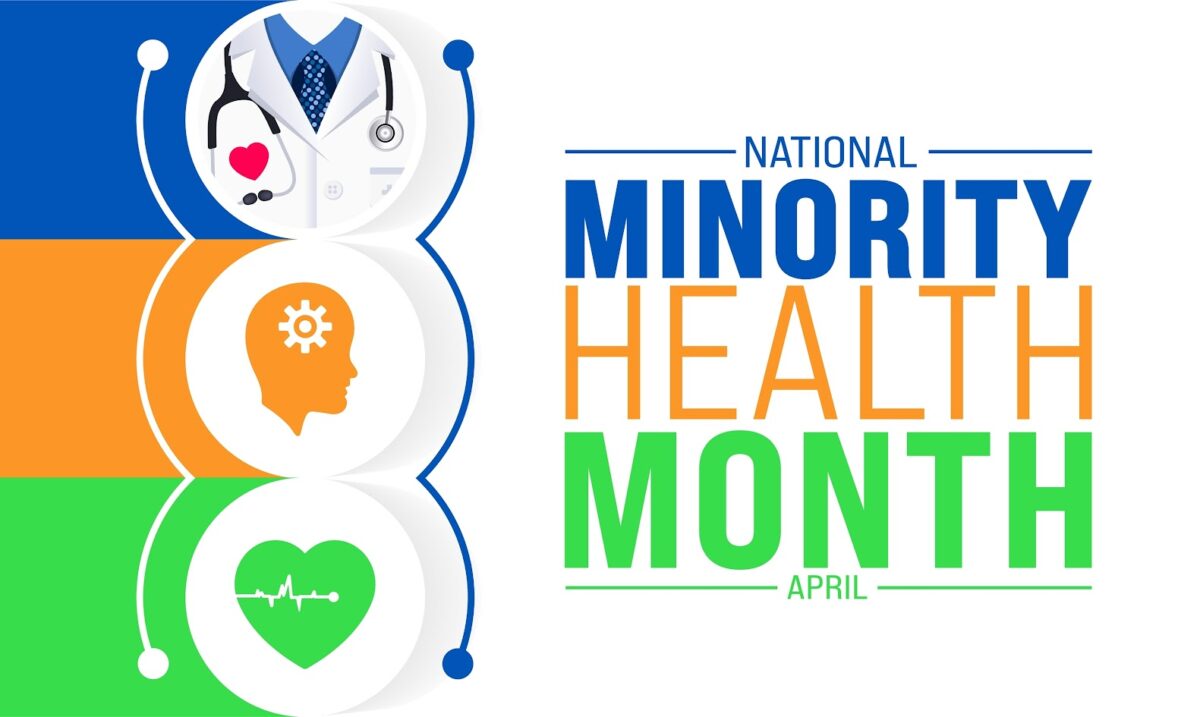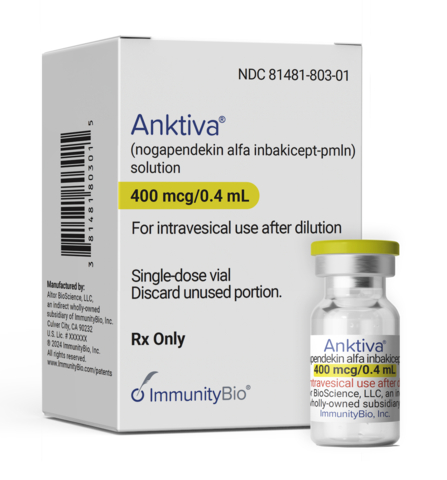The World Health Organization (WHO) has declared the new variant of SARS-CoV-2 found in South Africa, first referred to as B.1.1.529, to be a variant of concern (VOC) and has named it after the Greek letter Omicron (O).
The technical advisory group on SARS-CoV-2 virus evolution (TAG-VE) met on Friday to discuss B.1.1.529, two days after it was first reported to the global health agency by South Africa. The independent group of experts is assigned the job of periodically monitoring and assessing the evolution of SARS-CoV-2, including looking at mutations that could change the behavior of the virus.
The new variant was seen to be a cause of one of three major peaks in COVID-19 cases, one of the most recent of which is caused by the Delta variant. Infections have been rising sharply in the country in recent weeks. It is being estimated that almost 90 percent of all new cases are Omicron.
And while some cases appear to be mild, health professionals are saying they’re also seeing younger people presenting with moderate to severe disease. Elderly individuals and people with chronic health conditions like diabetes and heart disease are also at greater risk for complications due to the new variant, and from any strain of SARS-CoV-2 for that matter.
While South Africa appears to be the likely country of origin of the virus, Botswana is also a contender given strong sequencing links.
So far scientists and health officials have said it’s unclear whether Omicron is more transmissible than other variants such as Delta or the original version of the coronavirus.
However, what we do know so far is that the Omicron variant of concern has numerous mutations, which raises concerns that it may alter the behavior of the virus, for better or for worse. Researchers are working to identify the exact mutations and learn about their significance, which could take several weeks.
Despite all the questions and unknowns, countries around the world have not hesitated in implementing travel bans against countries in the South African region. This includes the US, Canada and the EU.
Related: FDA Authorizes Pfizer/BioNTech COVID-19 Vaccine for Kids 5 to 11
Scientists in South Africa first detected the lineage a week ago upon which the National Institute for Communicable Diseases of the country alerted global health authorities. Shortly after, researchers in Botswana and Hong Kong also publicly shared sequences of the variant where it has also been found. So far cases of the variant have been reported in Belgium and Israel too, and it is likely present in other countries as well, so it’s probably only a matter of time before it’s officially detected in other places.
The Omicron variant of concern has raised alarm bells fast because of its rapid epidemiological trajectory. It appears to be outcompeting other coronavirus variants like Delta and driving up cases in South Africa.
Omicron Variant of Concern and its Mutations
The number of mutations Omicron has is concerning. Researchers say the spike protein on the new variant alone appears to have some 32 mutations. The binding of the spike protein to receptors on human cells is the first and critical step of viral entry into host cells. It is also the protein that the current COVID-19 vaccines target. Overall, some of the mutations have been seen in other variants and are associated with increased transmissibility and the potential for immune evasion. Mutations very rarely work in isolation and their combination is what often spells trouble.
The variant “has a very high number of mutations with a concern for predictive immune evasion and transmissibility,” Tulio de Oliveira, director of the Centre for Epidemic Response and Innovation in South Africa said. Oliveira first helped identify the variant in the country.
Vaccination Concerns
So far, the COVID-19 vaccines have been offering good protection against variants like Delta, and even better with an added booster. The hope is that they also hold up against the new Omicron variant of concern.
The emergence of Omicron in South Africa may not come as a surprise as not even a quarter of the country is fully vaccinated (23.8 percent to be exact), according to the Our World in Data COVID-19 vaccine tracker. Similarly, only 20 percent of Botswana’s population was fully vaccinated as of November 25, 2021.
It is normal for viruses to acquire mutations as part of viral evolution; however, uncurbed, increased transmission raise potential for more numbers of, and more frequent, mutations.
The appearance of another coronavirus variant further underscores the importance of global vaccination efforts and ties into vaccine equity. In a pandemic of the 21st century, we are more connected than not, especially with largescale and broadscale travel.
As researchers work to find out more about the new Omicron variant of concern, the WHO is advising people to continue taking measures to reduce their risk of COVID-19, which include wearing well-fitting masks, practicing good hand hygiene with frequent hand washing, physical distancing, avoiding crowded spaces, improving ventilation in indoor spaces and getting vaccinated.












Join or login to leave a comment
JOIN LOGIN